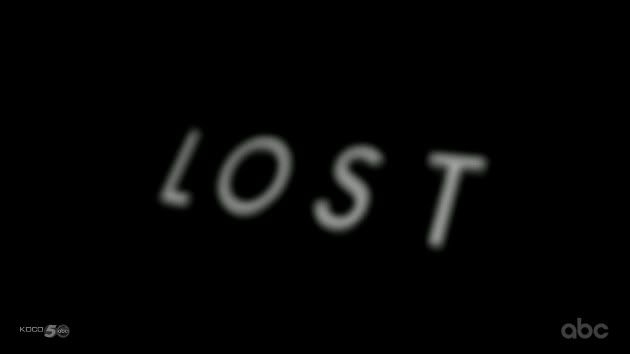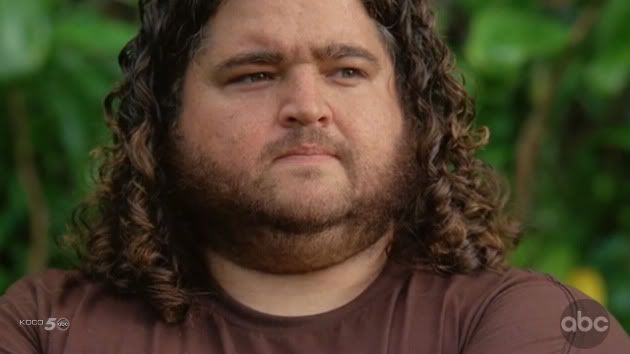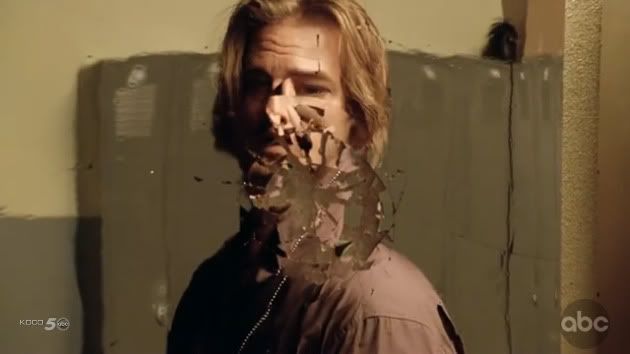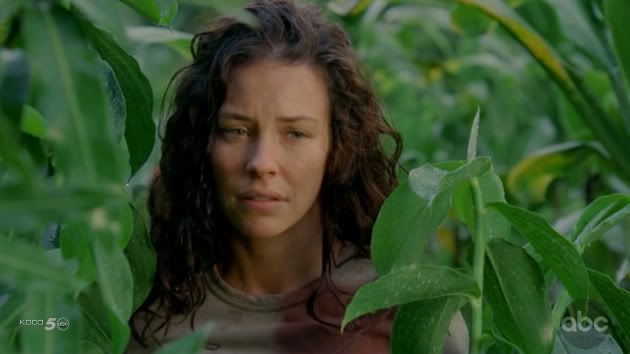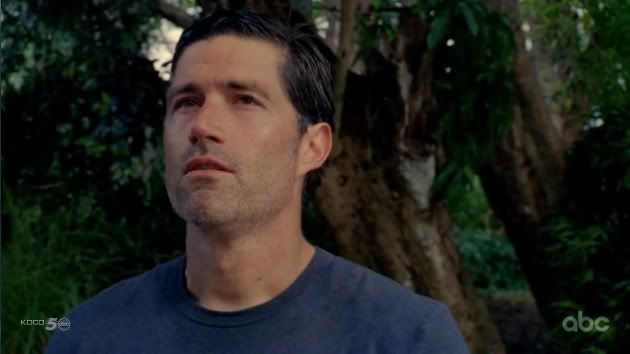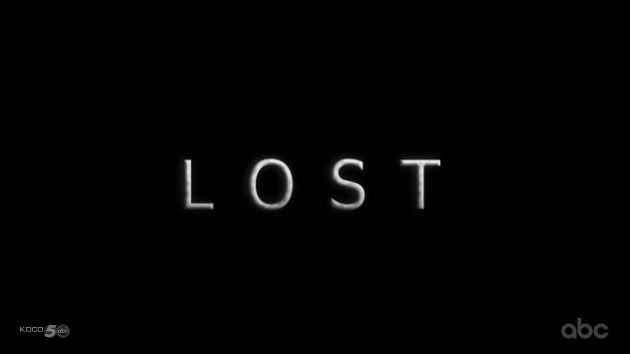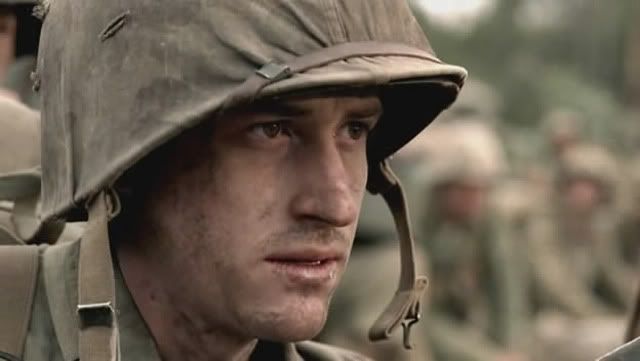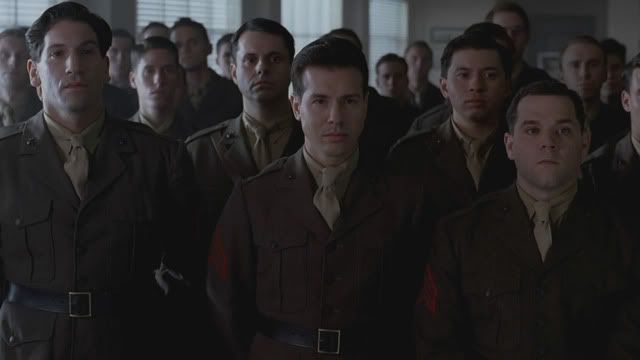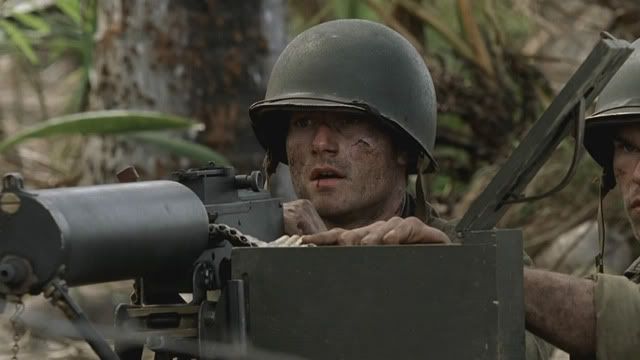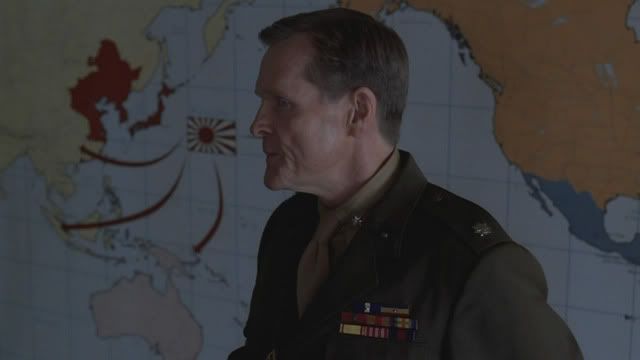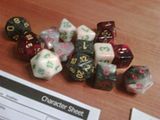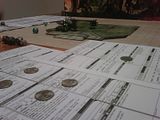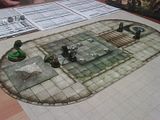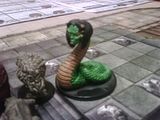As much as I loved summarizing both Lost and The Pacific, it's time to get back to what I came here to do. POST GRATUITOUS NUDES... I mean, review board games. Yes, that's what I mean.
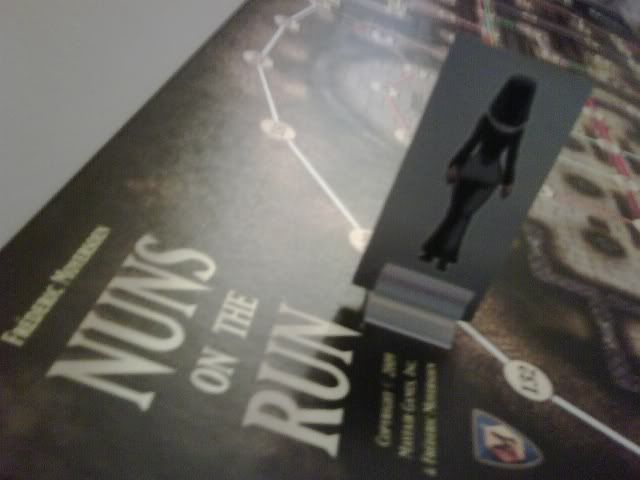
There are some games that are pretty friendly to new players. Games like Alhambra and Ticket to Ride are all in a category of "gateway" games that allow new players to be on more even terms with veteran gamers. Not to say that they're easy, but they are easier to learn than a lot of other games. With gateway games it's almost never too late for a player to figure out how to recover from a deficit and perhaps even win. "Forgiving" would be a better term for these games than "simple" or "easy". Nuns on the Run might be simple to learn, but it is far from forgiving.
The game plays like Scotland Yard or Fury of Dracula in reverse. Instead of a solitary villain trying to evade a team of players, the team of players are trying to avoid capture by two senior nuns, the Abbess and Prioress. The theme of the game is light and cute, as the team of players are young nuns escaping from their cells in the abbey to fulfill a "secret wish". No, not that kind of "secret wish" you perverts. The various goals of the nuns are innocent pleasures, like a soft mattress or a midnight snack, and the nuns must go out into the abbey to find them. There are several steps to fulfilling a nun's secret wish, and should any of the nuns succeed, the entire nun team wins. Meanwhile, the Abbess and the Prioress are both on the prowl looking for disobedient nuns. Should they detect a nun, they can hunt them down in an attempt to catch them. The nun must then return to her cell, and the chase begins again. The Abbess/Prioress team need to make six captures in all in order to win, or dawn must arrive without the nuns returning to their cells with their secret wish.
While the theme is cute and I love the reversal on the Scotland Yard mechanic, the game is imbalanced as the Abbess/Prioress team has a tough time trying to find and catch the nuns. The A/P team must walk through the abbey on a preselected path that is public knowledge. They are only allowed to deviate from that path when a nun is detected. From there, the Abbess or Prioress can attempt to pursue the nuns to find and capture them. I say both find and capture, because simply finding a nun isn't enough for the A/P team. They must also land in the same space as the quarried nun. This can make for an Abbess or Prioress getting distracted with one nun, while the other nuns make a dash for their goals. It also discourages the A/P team from working as a team, since getting the Abbess and Prioress tied up pursuing one nun is a futile exercise. Once one or two nuns are on their way back to their cells, the game is essentially over and it's impossible for the A/P team to recover. This is the definition of unforgiving.
I'm not sure how to fix the game as it is. Perhaps giving the Abbess and Prioress more movement options would help, or a broader range of detetion. Overall this is a game I want to like, but it feels incomplete at the moment.
Mini-Games?
There are a growing number of actual real-life mini-games. Games that both take minutes to learn and minutes to play. Generally these games are mostly seen at big gaming gathering, where one group has just finished their game and are now waiting on another group to finish whatever they're playing. That's where these mini-games come in. Games like We Didn't Playtest This At All and Bounce It-In Game are both excellent examples of games that make for great time wasters in-between larger more complicated games.
We Didn't Playtest This At All
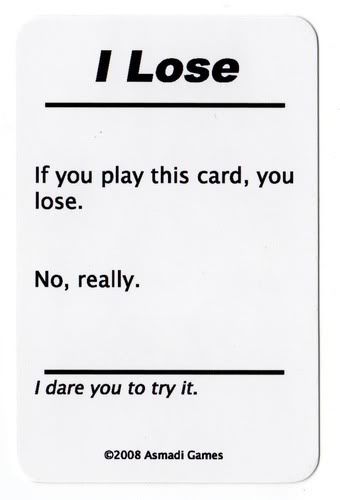
While at PAX East, I was introduced to Fluxx. The game reminded me of Risk, in that you could be potentially playing for a long time and strategy was largely absent. In both games it comes down to who gets the right random cards at the right random moment. Random is fine, but I don't like playing a game for an hour where the circumstances for victory are essentially arbitrary. You can't plan for anything, so it comes down to luck. We Didn't Playtest This At All (WDPTAA) is very much the same game as Fluxx except it takes 5 minutes to play, tops. The both games have random and hilarious cards that make your opponents do some pretty awesome stuff, and winning comes down to luck as well. There is, however, a minimum of a time commitment and many games of WDPTAA can be played for one game of Fluxx. This little game is awesome, and I highly recommend it.
Another simple game, but this time involving random dexterity rather than cards. Bounce your balls into the target. You get points if it stays in the tray, and you get even more points if you land on your own color. Think beer pong for kids, although you could add booze if you wanted.
If a picture is worth a thousand words, and this video runs at around 20 frames a second, well that's a whole lot of fucking words. :D
Again, great little game that's worth far more than the time you actually play.

